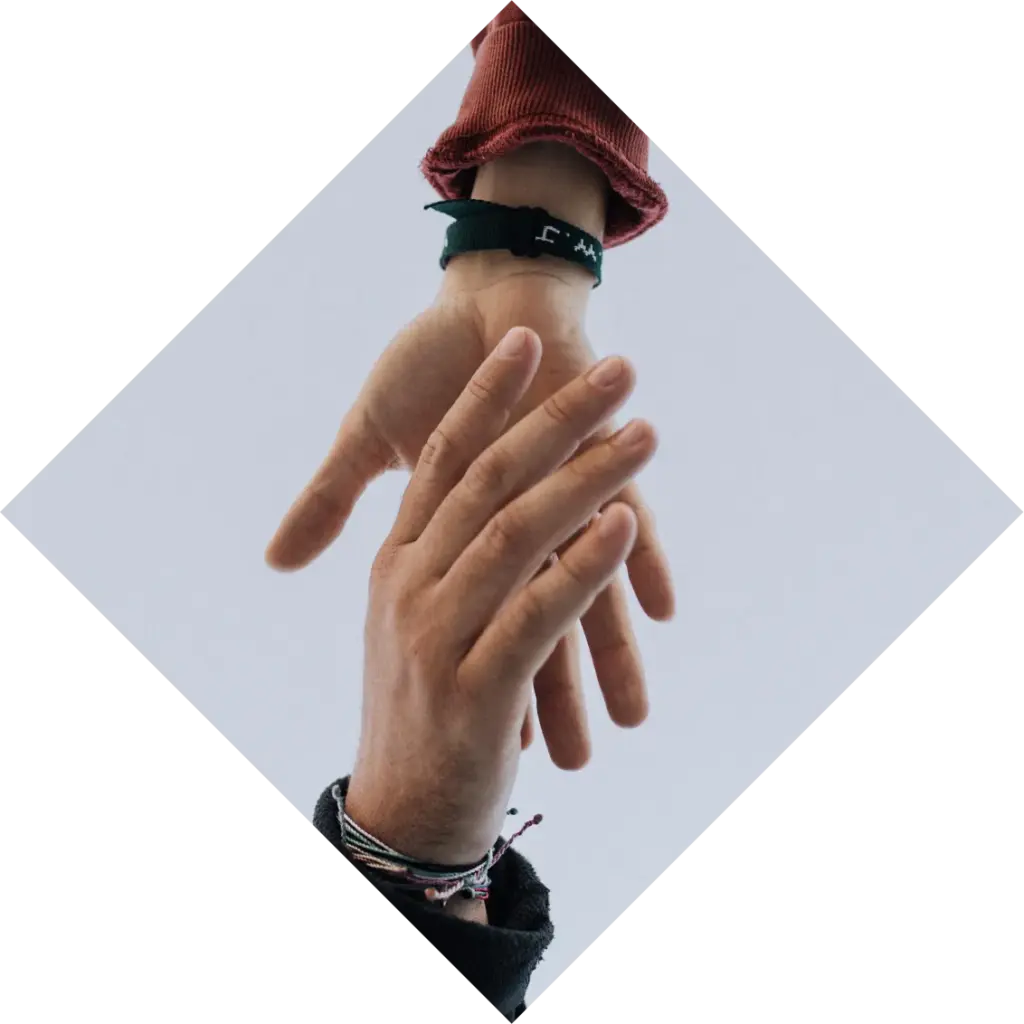Codependent people are people-pleasers who often put the needs of an addicted person before their own. They often suffer from low esteem, poor health, and self-neglect. Addiction and codependency typically go hand in hand and often create destructive behaviors where the caregiver, while seemingly believing to be helping the addicted partner or family member, actually promotes the addiction. A codependent person typically does everything to support the addicted person. They can even buy drugs or alcohol for their loved ones and make excuses or cover tracks for them. In the end, codependency only makes the addiction problem worse.
The damage is not only done to the addicted party but the codependent person too. Over time, the codependent person starts experiencing strong feelings of guilt and shame for having contributed to the downfall of a loved one. The codependent person usually derives feelings of self-worth by doing anything to help the addicted person. They are motivated by the loss of self-love due to factors such as dysfunctional childhood.
A codependent relationship creates a vicious cycle where the person struggling with addiction and the codependent party reinforce each other’s behavior. It is a mutually destructive and manipulative relationship.


One of the most common signs of codependency is when a person gives up important obligations to help a spouse or family member. They lack the ability to say no despite knowing how destructive the behavior they are enabling is. They’ll even change their mood to match that of the addicted partner. It is no surprise why codependency is sometimes called a “family disease’.
Signs of codependency include the following:
In some cases, the codependent person will not recognize symptoms of the condition or if they do they’ll ignore the symptoms and let the addict continue on his or her destructive path. Research has shown that codependency is often quite effective in enabling addiction.

Codependency creates an environment of fear for both the codependent individual and the person struggling with addiction. For instance, a person undergoing addiction recovery may be afraid of quitting their destructive behavior for fear of losing the attention and care of the codependent partner. On the other hand, spouses or family members may avoid seeking professional help because they believe their loved one will not be happy with it or the treatment will not work.
Many families are actually afraid of intervention because they see it as a way of giving up something rather than as an opportunity to help a loved one. They fear the unknown situation that will be brought about by the intervention. It is therefore important to break codependent patterns at home in addiction recovery. Negative support at home will only make recovery harder or even unattainable.
When spouses and family members acquire coping mechanisms, they become a positive support group for their recovering loved ones. Keep in mind that the longer substance abuse disorder takes before being addressed, the harder it will be to treat. A good intervention helps to break codependency because the family members will now give up their caretaker role to professionals at the treatment center.

If your relationship is characterized by codependency and addiction, you need to seek help from a reputable addiction treatment. The best approach is to find a purpose-built recovery center that has a holistic treatment for addicted patients and their families or loved ones.
A good treatment center with effective programs should provide a wide range of intervention programs for family members and friends. Contact us today to learn more about our codependency and addiction intervention and treatment programs.

Creating foundations of solution for those suffering from substance use disorders.
Licensed by the State Department of Health Care Services
License: 191117AP
Expires: 01/31/2026
© Diamond Recovery 2024
About Us
Quick Links